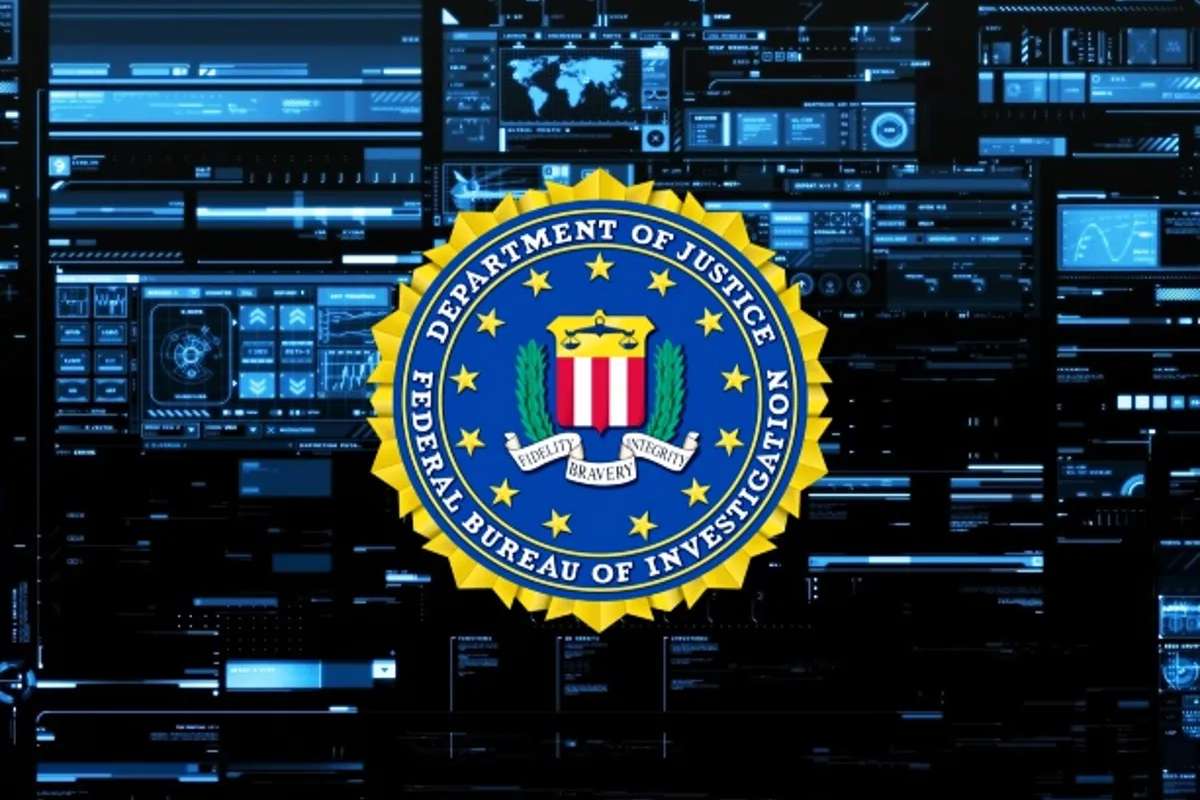(Source – Straight Arrow News)
With the ever-expanding digital landscape, Singapore Cybersecurity has recognized the pressing need to fortify its cybersecurity defenses. In response to the evolving threat landscape, the country has passed the Cybersecurity (Amendment) Bill to bolster its cyber resilience and ensure the protection of critical infrastructures.
Adapting to Technological Shifts
The Cybersecurity (Amendment) Bill, approved on Tuesday after two readings in parliament, marks a significant step in updating Singapore cybersecurity legislation. Janil Puthucheary, Singapore’s senior minister of state for the Ministry of Communications and Information (MCI), emphasized the necessity of aligning the legislation with technological advancements and shifting business models.
The amendments broaden the regulatory scope of the Cyber Security Agency (CSA) to encompass entities and systems beyond physical assets, reflecting the changing landscape of cybersecurity threats. Puthucheary highlighted the challenges posed by the rise of cloud computing, with approximately 60% of local enterprises incorporating cloud technology into their operations. The amendments aim to ensure that critical infrastructures remain resilient against online threats, irrespective of their technological framework.
Securing Essential Services Amid Digitalization
Singapore Cybersecurity: The digital transformation sweeping across Singapore has led to increased reliance on common digital services and functions, both locally and globally. Puthucheary underscored the integral role of digital technology in Singaporean life, with over 90% of residents engaging in online communication and organizations embracing digital technologies extensively.
However, this digitalization has also expanded the attack surface, exposing individuals and organizations to heightened cyber risks. Puthucheary highlighted the emergence of new cyber threats, such as supply chain attacks exemplified by the 2020 SolarWinds breach. To address these evolving challenges, the amended legislation extends regulatory oversight to providers of essential services that rely on critical information infrastructures (CIIs) owned by third parties.
Targeted Regulation for Enhanced Cyber Resilience
The amended Cybersecurity Act adopts a targeted and calibrated approach to regulation, focusing on entities and systems critical to national interests. Puthucheary clarified that the legislation imposes cybersecurity obligations on providers of essential services, entities of special cybersecurity interest, owners of systems of temporary cybersecurity concern, and major providers of foundational digital infrastructure services.
The legislation empowers CSA to issue standards of performance and codes of practice for providers of foundational digital infrastructure services, ensuring proactive oversight and incident reporting. While acknowledging the compliance costs associated with the amendments, Puthucheary emphasized the importance of securing systems and infrastructure vital for Singapore’s survival, security, and safety.
The updated legislation reflects Singapore’s commitment to staying ahead of cyber threats and safeguarding its digital infrastructure against emerging risks in an increasingly interconnected world.






